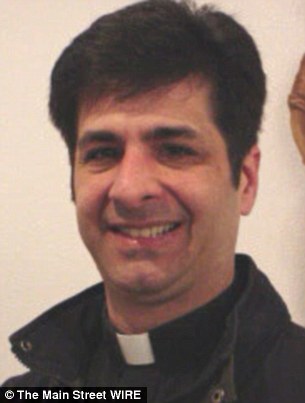Two unrelated cases in New York State are going to test Catholics’ faith in their leadership. The rest of us are going to get an unprecedented look at how NY church leaders handle cases of sexual abuse. Case number one is dominating the headlines – I mean, how often do you see this:…Continue reading A perv priest and a public nuisance case: NY in the spotlight
